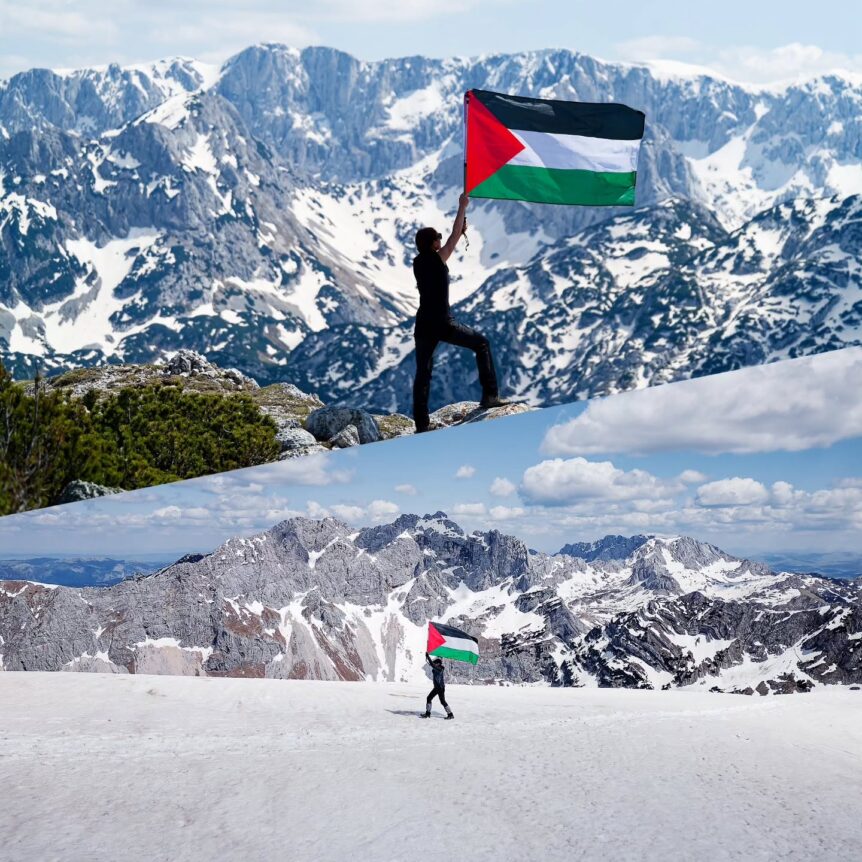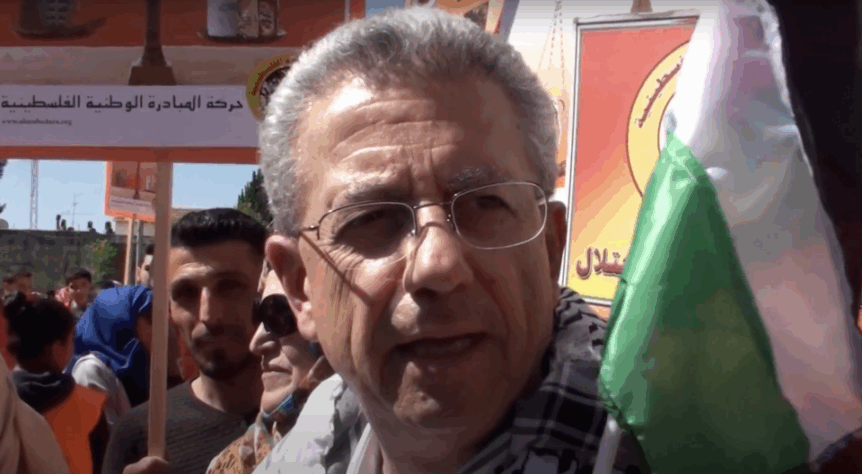How did you get involved in the Artists and Creatives Delegation to Palestine with Sabeel-Kairos?
So going to Palestine, it happened by chance. I have been helping Health Workers 4 Palestine doing video editing since March 2024. In April, I think it was in April, this year, I was contacted by one of the team members of Health Workers 4 Palestine who said there was an opportunity of going to Palestine. The person from the team could not go and they asked if I would be interested in going and I immediately said yes, I’m very much interested and I really want to go to Palestine.
That’s how the opportunity came up. And for me, it was really important to go there because honestly Palestine has been on my mind for two years. There is nothing else that I think more about. I wake up thinking about Palestine. I go to bed thinking about Palestine, during the day I’m always checking what’s going on in Palestine and so it was very important for me to be able to go there and listen. For me the most important thing was to go and to listen to the people and to be there with the people and show solidarity with them.
I wanted to film Palestinians speaking, to record their testimonials and through that, help to amplify their voices in any way I can. And because I had worked with Health Workers 4 for Palestine, I went to film and to photograph the mobile clinic of the Palestinian Medical Relief Society and the really important work that they are doing in the West Bank and in Gaza. But most of all I wanted to hear from the Palestinian people.

You did a lot of filming while you were there?
There is a lot of material that I have that I still have to create something with. I’ve managed already to produce some short clips capturing moments with people like Dr. Mustafa Barghouti and the famous filmmaker Basel Adra. But there is still so much to process.
At some point I would like to make available the talks and the interviews with the people I met there, maybe without any images, just the raw material, so that people listen to it and perhaps see if they want to use that material in some way. To use the raw material to help amplify the Palestinian voices.
What are you working on now?
At the moment, I don’t have a film project, unfortunately. I would like to develop some artistic projects with the material I was recording in Palestine but I must say that since returning I have found it quite difficult to be able to concentrate and to be inspired to do something else because every day, we see these images coming from Gaza and from the West Bank and I’m questioning a lot about my place as a filmmaker. What can I do to help the Palestinian people using my craft.
I think one of the most important things that we have to do, people that are in the audio-visual world, not only in cinema, but journalists, photographers, we have to question ourselves deeply. You have to ask yourself, what are we going do with all these images?

Because these images, they change you. From what I saw, and filmed in Palestine, I mean, it changed me, definitely. The experience of going there and then looking back at all the photos and the videos. I think it is vitally important that in order to create a film or a video or something, it’s vital to understand what are we doing it for and what the message will be and what the meaning is behind your work.
Right now, it’s just very difficult for me to be able to concentrate or to do anything at the moment. But eventually I hope to create something with the footage and the photographs I took while I was in Palestine. I hope to produce something which captures the moments that otherwise might not have been documented. That is what I try to do with my filmmaking and my photography.
If you would like to see more of Dioga Pereira’s work go to the links below
